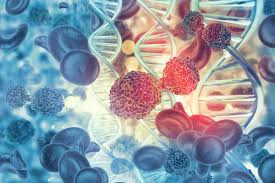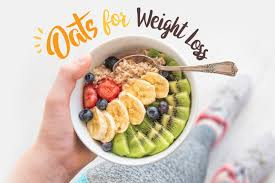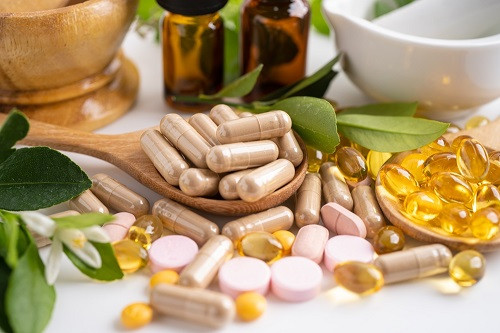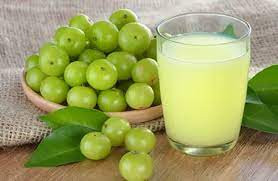Hidden Harm: Everyday Foods That Slowly Damage Your Kidneys

Our kidneys play a crucial role in keeping the body healthy by filtering waste, balancing electrolytes, and maintaining fluid levels. Yet, without realizing it, many of us consume foods daily that gradually put our kidneys under stress. These foods may not cause immediate symptoms, but over time, they can contribute to reduced kidney function and even chronic kidney disease. The danger lies in their regular, long-term consumption — a slow erosion of kidney health masked behind everyday choices.
Processed foods are one of the most significant culprits. These include packaged snacks, ready-to-eat meals, instant noodles, and frozen dinners. Such items are typically high in sodium and preservatives, both of which can strain kidney function. Excess sodium causes the body to retain water, increasing blood pressure, which in turn forces the kidneys to work harder. Over time, this extra burden can impair their ability to filter blood effectively.
Salt, in general, is a major concern. While the body does need some sodium to function, too much can be harmful. The average diet in many parts of the world contains far more sodium than necessary, mainly through salt-laden foods like pickles, salty snacks, chips, processed cheese, and restaurant meals. A high-salt diet has been linked to increased risks of kidney stones and kidney disease, especially in people already prone to high blood pressure or diabetes.
Sugary foods and beverages are another danger to kidney health. Consuming too much sugar leads to weight gain and insulin resistance, both of which can trigger type 2 diabetes — a leading cause of kidney damage. Sugary sodas, desserts, pastries, and sweetened cereals contribute heavily to this problem. Even fruit juices labeled as “natural” can be loaded with added sugars, which may harm the kidneys when consumed regularly.
Red meat, particularly when eaten in large quantities, is also problematic. While protein is essential for the body, excessive intake — especially from animal sources — can burden the kidneys. Metabolizing protein produces waste products that the kidneys must filter out. In people with pre-existing kidney conditions, this process becomes even more taxing and may accelerate kidney decline. Moreover, processed meats such as bacon, sausages, and ham are often high in both salt and phosphorus additives, which further harm kidney health.
Artificial sweeteners, often used as a sugar substitute in diet sodas and sugar-free snacks, may also have unintended effects on the kidneys. While research is ongoing, some studies suggest that frequent consumption of these substances might be associated with a decline in kidney function over time, especially when consumed in excess.
Dairy products, especially full-fat milk, cheese, and yogurt, are another group of foods to watch. They are rich in phosphorus and calcium, which, in large amounts, can build up in the bloodstream and put a strain on the kidneys. People with existing kidney issues are usually advised to limit dairy intake to prevent further damage.
High-oxalate foods like spinach, beets, and certain nuts (especially almonds) can contribute to kidney stone formation in some individuals. While these foods are otherwise nutritious, overconsumption by those predisposed to stones can lead to painful complications and kidney stress.
Soft drinks, both regular and diet, are perhaps among the most silent offenders. Loaded with phosphoric acid, they can contribute to both kidney stones and a decline in kidney function. Regular consumption of colas and energy drinks has been linked to increased risk of kidney disease in several studies.
The key to protecting your kidneys is not to avoid these foods entirely, but to consume them in moderation and make conscious, balanced dietary choices. A diet rich in fresh fruits and vegetables, whole grains, and healthy fats — combined with proper hydration — can support kidney health and help prevent long-term damage. Awareness is the first step toward prevention, and small changes in what we eat can make a significant difference over time.
You might also like!















